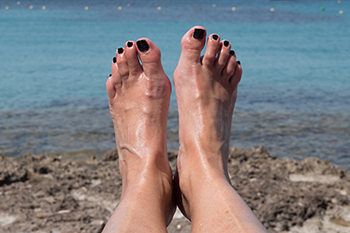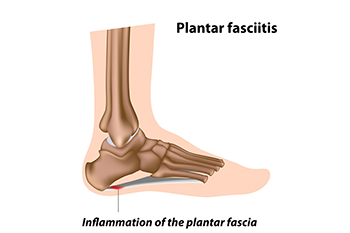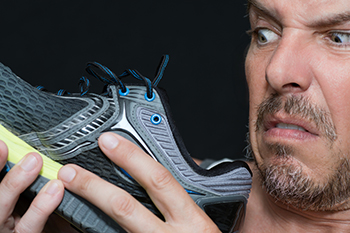
There are a variety of rare foot conditions that might affect some individuals. For example, Maffucci syndrome is a rare foot condition. Many patients often ask podiatrists what the feet look like when they are affected by Maffucci syndrome. The answer is that the feet can become covered in growths that are characteristics of the condition. These growths are essentially known as multiple enchondromas, and they are ultimately made up of cartilage. If an individual has Maffucci syndrome, it is possible for it to be noticeable at birth. However, in other cases, the condition might not be noticeable until the age of 5. If you are someone that wants to learn more about Maffucci syndrome, then it is suggested that you contact a podiatrist today for more information.
Some foot conditions may require additional professional care. If you have any concerns, contact one of our podiatrists of InStride Family Foot Care. Our doctors can provide the care you need to keep you pain-free and on your feet.
Rare Foot Conditions
The majority of foot conditions are common and can be treated by a podiatrist. Standard diagnostic procedures are generally used to identify specific conditions and treatment can be rendered. A podiatrist also treats rare foot conditions which can be difficult to diagnose and may need extra attention and care.
There are many rare foot conditions that can affect children. Some of these can include:
- Freiberg’s disease
- Kohler’s disease
- Maffucci syndrome
Freiberg’s disease - This can be seen as a deterioration and flattening of a metatarsal bone that exists in the ball of the foot. It typically affects pre-teen and teenage girls, but can affect anyone at any age. Symptoms that can accompany this can be swelling, stiffness, and the patient may limp.
Kohler’s disease - This often targets the bone in the arch of the foot and affects younger boys. It can lead to an interruption of the blood supply which ultimately can lead to bone deterioration. The patient may limp or experience tenderness, swelling, and redness.
Maffucci syndrome - This affects the long bones in a child’s foot leading to the development of abnormal bone lesions. They are benign growths and typically develop in early childhood and the bones may be susceptible to breaking.
A podiatrist can properly diagnose and treat all types of rare foot conditions. If your child is affected by any of these symptoms or conditions, please don’t hesitate to call our office so the correct treatment method can begin.
If you have any questions please feel free to contact our offices located in Concord, Charlotte, and Salisbury, NC . We offer the newest diagnostic tools and technology to treat your foot and ankle needs.




